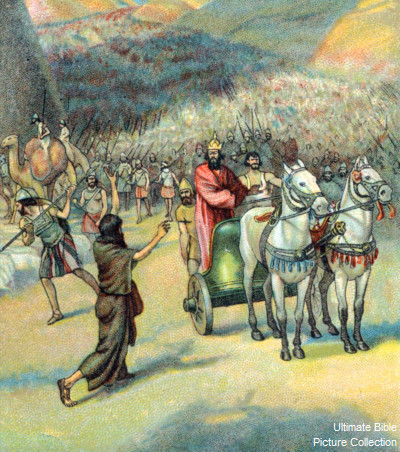
On St Valentine’s Day week, I want to offer some insights from my recent personal study. I hope you find this advice helpful:
- Don’t require your spouse to earn your love. The love I’m talking about here is the Greek word agape, which is the same as grace (unmerited favor) and is the love with which God loves. Its description is found in 1 Corinthians 13 and includes, among others, the traits not self–seeking, keeps no record of wrongs, always trusts, and always perseveres. This is the most important kind of love for a marriage for two reasons: first, it will never give up. No matter what the other spouse does or doesn’t do, the agape-loving spouse will not withdraw their agape-love. The second reason is that it guarantees consistent love response. Whether the other spouse’s treatment is favorable or not, the response will be the same – it will be agape because agape is predetermined entering any and every situation. The spouse on the receiving end of agape will always be loved, no matter what.

Of course, the ideal is that both spouses would love in this way. When that happens, that marriage has the very best thing a marriage can have – mutual agape. And if one spouse ever drops the ball, the other forgives because grace-love never holds anything against a person.
- Truly be your spouse’s best friend. Friends also use agape-love, but the friendship kind of love is based on the Greek word phileo. The difference in agape and phileo is primarily in scope. We Christ followers are to agape-love all people (most importantly our spouses) and phileo love the many we consider our friends.
There are varying degrees of friendship; we all have some friends who are closer to us than others, and some of us have very, very close friends we deem best friends. To have the best possible marriage, we should each reserve the very best friend spot for our spouse. Two defining friendship factors are, first, that we are always there for each other, whatever the circumstances and, second, that we are able to confide in each other; best friends can share intimate feelings and information with each other that neither can share with anyone else.

- Consider your spouse your very closest family member. There’s another Greek word, storge, that represents the family type of love. If agape is for everyone and phileo is for many, storge is for few. Its scope is even smaller than phileo’s because family is even more exclusive than friendship. We have storge love for parents, siblings, children and kinsmen that extend beyond immediate family.
Marriage was the first human family relationship that God established, and He intends it to be unique in many ways. It’s no accident, but totally logical, that the spouse is considered next of kin and first to receive inheritance. In the family of God, it is the marriage that’s represented by Christ, the bridegroom, and the Church, the Bride of Christ. In an earthly household, unity is primary in importance and husband-wife unity is primary among all the household’s relationships.

- Pursue intimate spiritual, emotional and physical connection with your spouse. Another Greek word for love is eros. It uniquely includes romance and sex. While agape is for all, phileo is for many, and storge is for few, eros is for one. It cannot be expanded, according to God’s intentions, beyond the one person to whom you exclusively commit your love for life – your spouse.
Two vitally important truths about eros: 1) it does not work without agape; eros and agape must be intertwined. Otherwise, it will be all about self, which agape prevents. 2) It requires investment; it’s common for couples to invest in eros (being both attractive for and attracted to the spouse) early in the relationship but discontinue that investment as the months and years wear on. That’s a huge mistake. Eros (coupled with agape) protects marriage from sexual immorality and helps spouses maintain the closest possible intimacy, which is a must for the ideal marriage.

Significant and pertinent to this topic, the Bible was written in Greek (the Old Testament translated into Greek from Hebrew a couple hundred years before Christ, who surely spoke Greek as well as Hebrew and Aramaic, and the New Testament was originally written in Greek). I believe Greek was God’s chosen language to express Himself to us in words, one of the reasons being that His idea of love could be well expressed in that language, including, doubtless, love as it relates to marriage.


















































